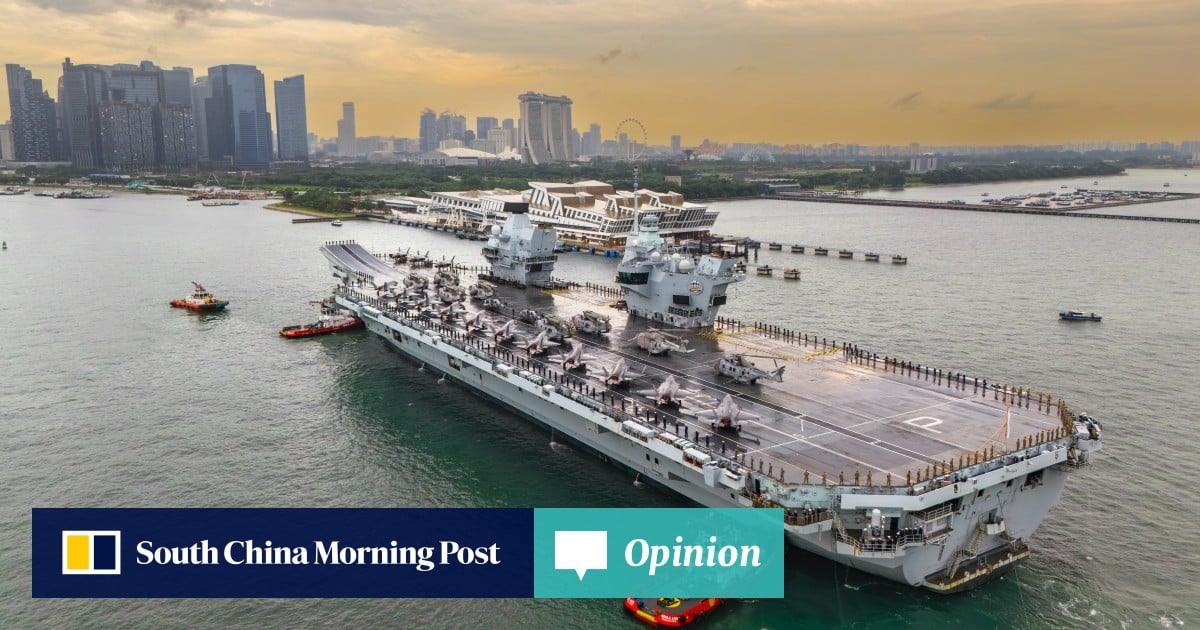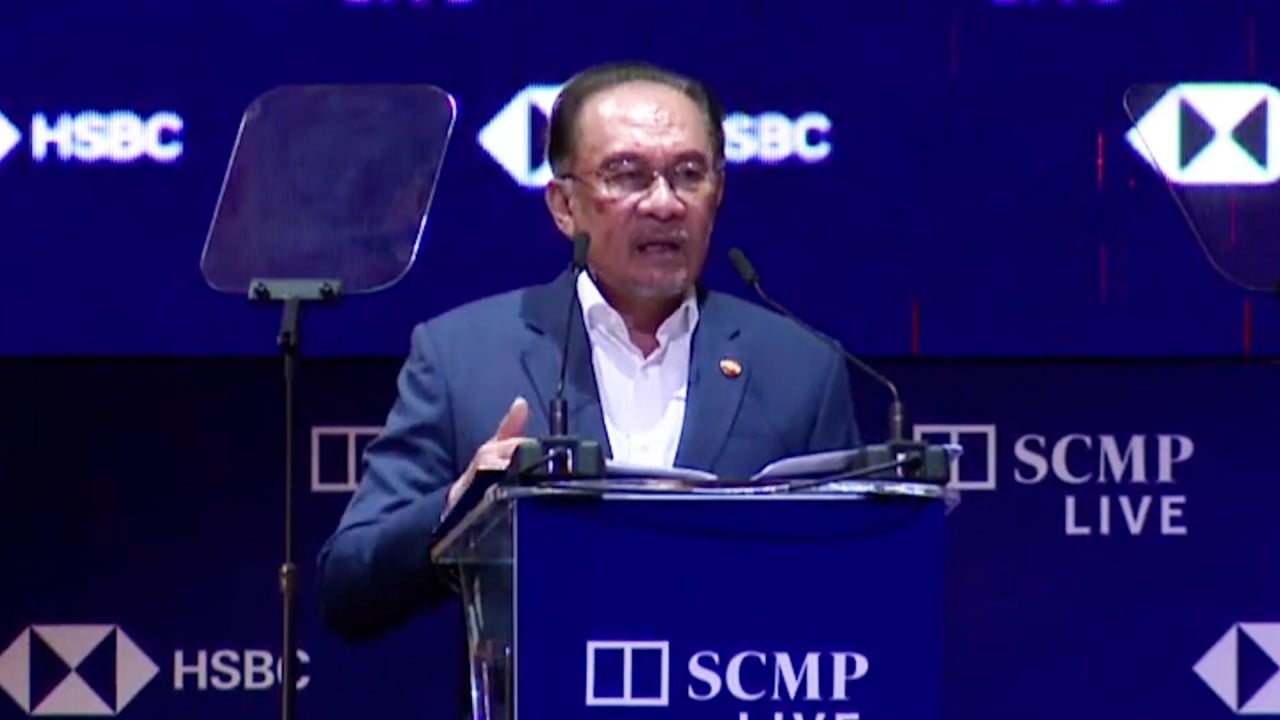Last year, just three weeks into my new job, I visited Laos for the Asean Foreign Ministers’ Meeting. I did so with a clear mission: to reconnect the United Kingdom with the Indo-Pacific. I said then that I would be back. And I’ve kept that promise. I’ve just completed my fifth visit to the region, covering 10 countries – from India to Indonesia, Samoa to Singapore.
This matters to the UK because this region is where the 21st century economy is being forged. The Association of Southeast Asian Nations, for example, is set to be the fastest-growing economic bloc this decade – no surprise, given the region’s embrace of technology.
The UK’s Labour government, elected last year, is seizing the opportunities offered by new technology too. The UK is home to Europe’s largest tech sector, and we’re investing in the future. Our new Industrial Strategy targets high-growth sectors like digital technology, while our AI Opportunities Action Plan too seeks to strengthen our AI capabilities by supporting pioneering British AI firms.

